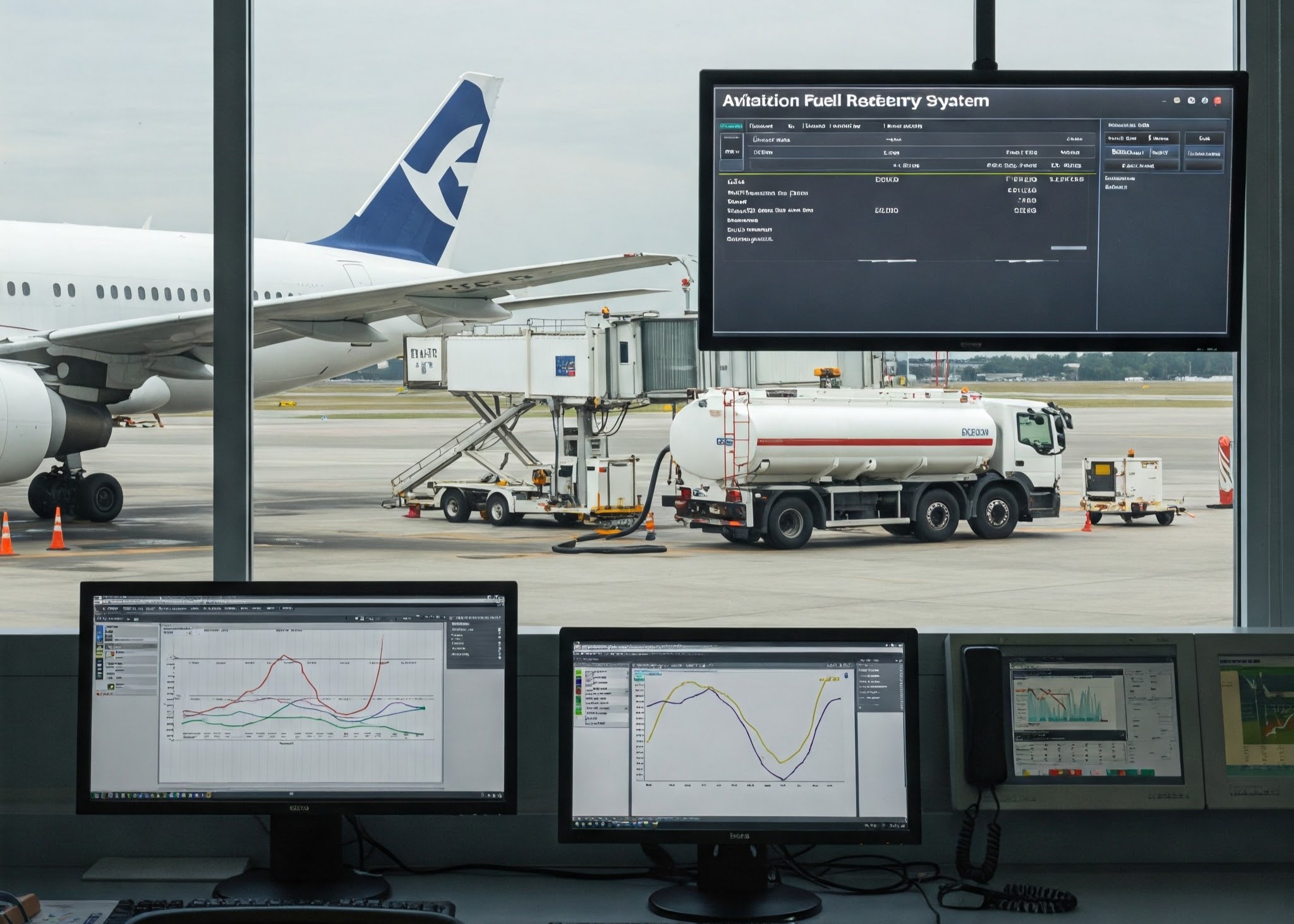GadgetWings
New registry backs aviation net zero
The Sustainable Aviation Fuel Registry tracks sustainable aviation fuel use worldwide to support climate targets and regulatory compliance.
The International Air Transport Association (IATA) has launched the Sustainable Aviation Fuel (SAF) Registry, a global system to record SAF transactions in a standardised and transparent way.
The system allows the environmental benefits of SAF to be recorded as the fuel moves through the value chain, supporting airlines and corporate customers in claiming these benefits under regulatory frameworks and voluntary initiatives.
Now operated by the Civil Aviation Decarbonisation Organisation (CADO), the Registry aims to create a standardised, transparent marketplace for SAF – helping airlines and corporate customers prove their environmental claims and meet climate-related goals.
By supporting accurate tracking of SAF transactions worldwide, the platform aims to accelerate the sector’s transition to net-zero emissions by 2050.
The Registry helps solve the challenge of limited SAF supply – which is acutely scarce and available in a few locations globally – by connecting airlines with SAF producers and suppliers, regardless of their geographical location. It gives airlines’ corporate customers access to in-sector emissions reductions and capitalises on firms’ capacity to co-finance the cost of decarbonisation.
The SAF Registry is designed to be technology- and feedstock-neutral, allowing for a range of SAF production methods. It can align with specific regulatory requirements while supporting efforts toward global harmonisation. The system is intended to be interoperable with other registries to promote competition and open markets.
The Registry was developed in consultation with airlines, government authorities, OEMs, fuel producers and suppliers, and corporate travel management companies. With over 30 early users already in the process of onboarding and ready to use the system, the Registry is underpinned by the IATA SAF Accounting and Reporting Methodology which provides a consistent approach to accounting for the environmental benefits of SAF purchases, regardless of location.
“Aviation’s decarbonisation is a team effort,” says Marie Owens Thomsen, IATA’s chief economist and SVP of sustainability. “In releasing the SAF Registry to CADO for launch, we have put in place a critical platform for the benefit of all stakeholders.
“It ensures that all airlines in the world have access to SAF and that their SAF purchases can be claimed against any climate-related obligations in this domain. The Registry will record the environmental attributes of SAF purchases in an immutable way, safeguarding against double counting.
“Airlines, their corporate customers, fuel producers, regulatory bodies, and all related organisations will be able to record and account for their SAF transactions in a global market for SAF.
“While this is of fundamental importance and a historically momentous advance, it is but one step along the way to a mature, transparent, and liquid global SAF market. The Registry cannot produce miracles on its own, but without it, no miracles can be produced.
“Further progress requires active policy support for the ramping-up of all renewable energy production, and for SAF within that production,” says Thomsen. “Governments must reallocate their direct support given to fossil fuel producers in favour of renewable energy production. The precedent of the wind and solar energy markets is the example to follow, and this without any further delay.”
Participation in the SAF Registry will be free until April 2027, after which it will be operated on a cost recovery basis.
* Visit the SAF Registry website here.


















